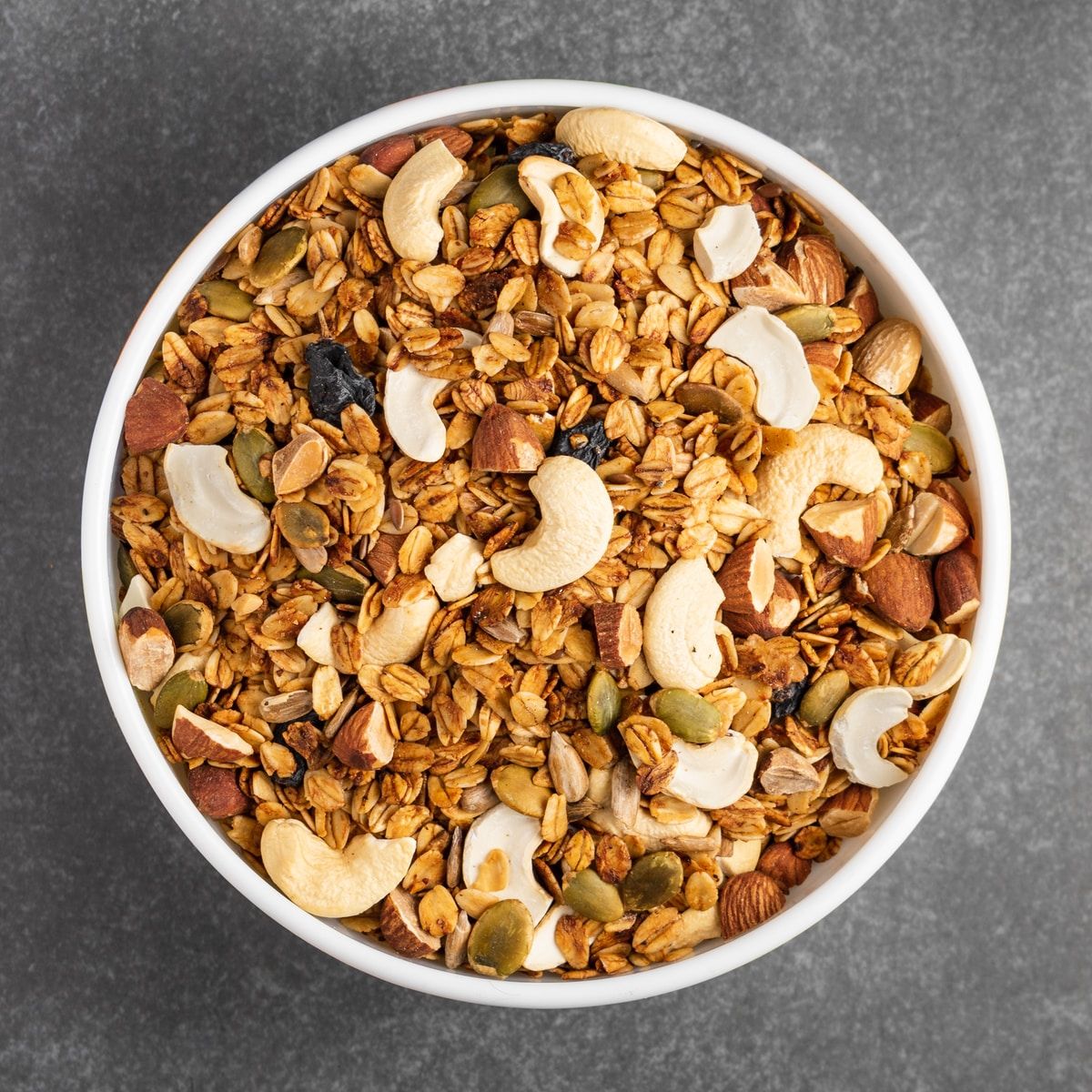
Tools to make Bariatric Surgery a Success
Bariatric surgery is a successful fighting tool for obesity. It ensures long-term and effective results to treat obesity and to avoid several unwanted complications. Obesity is a complex disorder. A consistent attitude is required to overcome it. Bariatric surgery isn’t merely a miracle that will correct things instantly. Instead, it is a means for acquiring a healthy lifestyle after surgery. This surgery involves operating on the stomach and gut while making specific changes. At the same time, successful weight loss postoperatively is ensured through diet plan, exercise, behavioral management, follow-ups, and support programs. Here are some essential tools to make Bariatric Surgery a success:
Eating plan
A proper eating plan is one of the necessities to be followed after surgery. Initially, your doctor will advise you to begin with a liquid diet, followed by a semi-solid and, finally, a solid diet. Some points to remember for a good dietary plan are described as follows:
- Eat Four meals a day
- Eat proteins and Vegetables.
- Avoid high fat and junk food.
- Eat thin, lean proteins and low-fat foods
- Take milk or yogurt snacks in between
- Avoid any other type of snacking
- Take your vitamins and mineral supplements.
- Eat slowly and chew properly
- Drink at least 8 glasses of clean plain water to prevent dehydration
- Try to avoid sipping water 30 minutes before and after a meal
- Avoid tobacco and smoking to prevent bleeding ulcers.
Exercise
Just like cars need fuel to keep running, the food calories ingested by us need to be burned to maintain a healthy weight. Exercise is one of the essentials for weight loss. Without training, proper weight management after surgery isn’t possible. You need at least 30 minutes of regular daily exercise. People who have problems working out for long may try other means of physical activity like aerobics, swimming, jogging, running, etc., for short periods with intervals. You may also consult physical therapy for guidance. Exercise is crucial for weight loss, weight management, and the prevention of obesity complications.
Read more: The Benefits of Exercise
Behavioral management
Bariatric surgery is a life-changing decision in one’s life. It is an introduction to a new life. After surgery, your whole life changes, from your physical appearance to your social interactions. Therefore, this new life requires recent changes to be incorporated into your lifestyle for long-lasting surgery. This includes modified dietary plans and the introduction of regular physical activity. Initially, you may find it challenging to accept this new lifestyle. Still, you should know that maintenance of weight by follow-ups after surgery is equally important as the surgery itself. Without following the post-operative management of weight loss and following proper lifestyle changes, you will not get your desired results, and you may even regain your weight.
Follow-ups
Follow-ups after bariatric surgery are as essential as the surgery itself. Proper guidance related to dietary plans and physical activity needs to be introduced in one’s life. Similarly, mental health should also be assessed during follow-ups to know about Behavioral changes in an individual related to his new life. Encouragement should be done during this time.
Support
Acquiring a new and healthy lifestyle requires encouragement and support from people. This is what keeps one individual motivated and positive towards his aim. This support should come from ones’ family, friends, and other support groups. The support groups provide you motivation. You can interact with other people in a non-judgmental environment and talk, laugh, enjoy and make new friends.
Conclusion
Bariatric surgery isn’t just a simple surgical procedure, but its success lies in proper weight management after surgery. Accepting and acquiring a new lifestyle is essential for the long-term desired results of the surgery.







